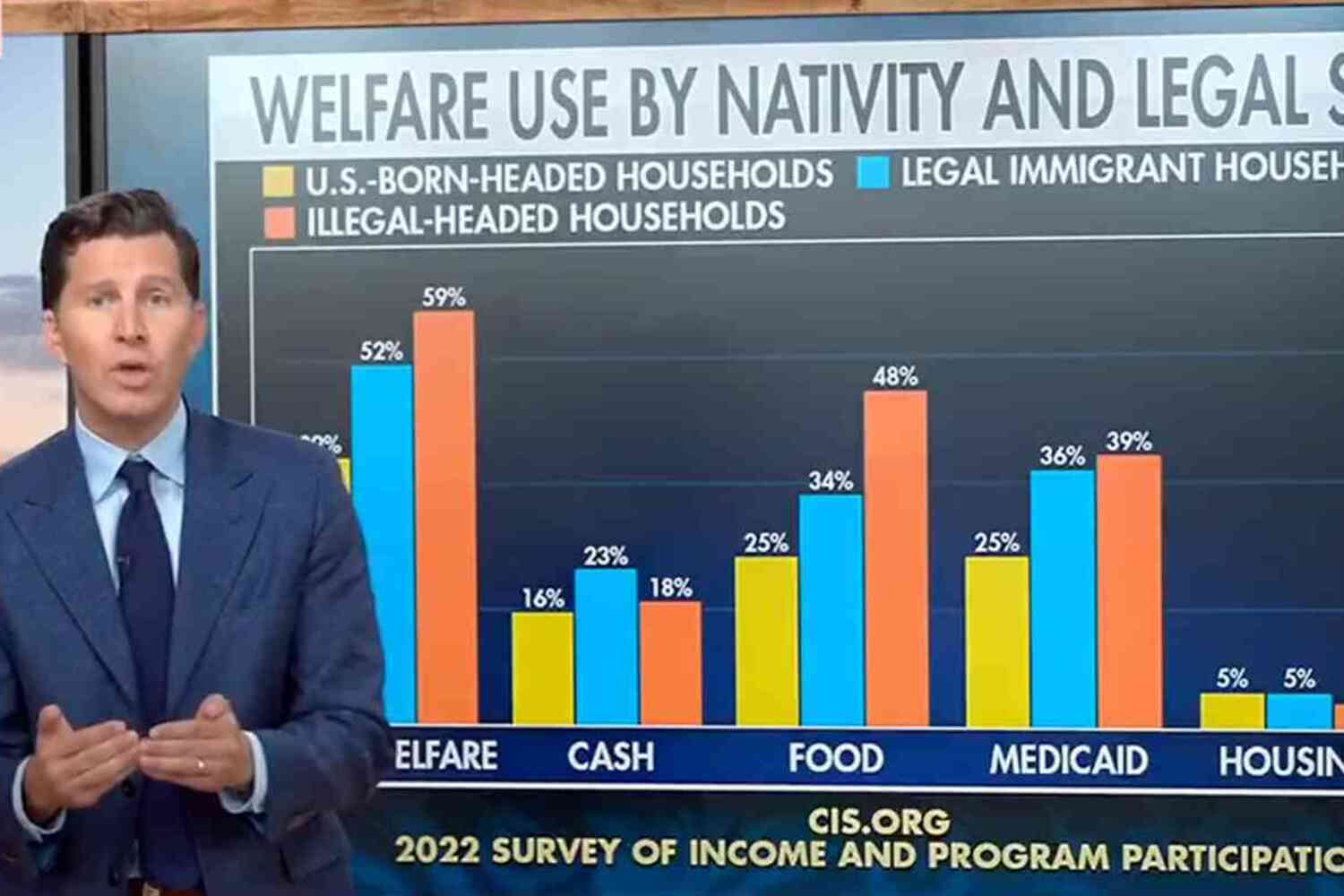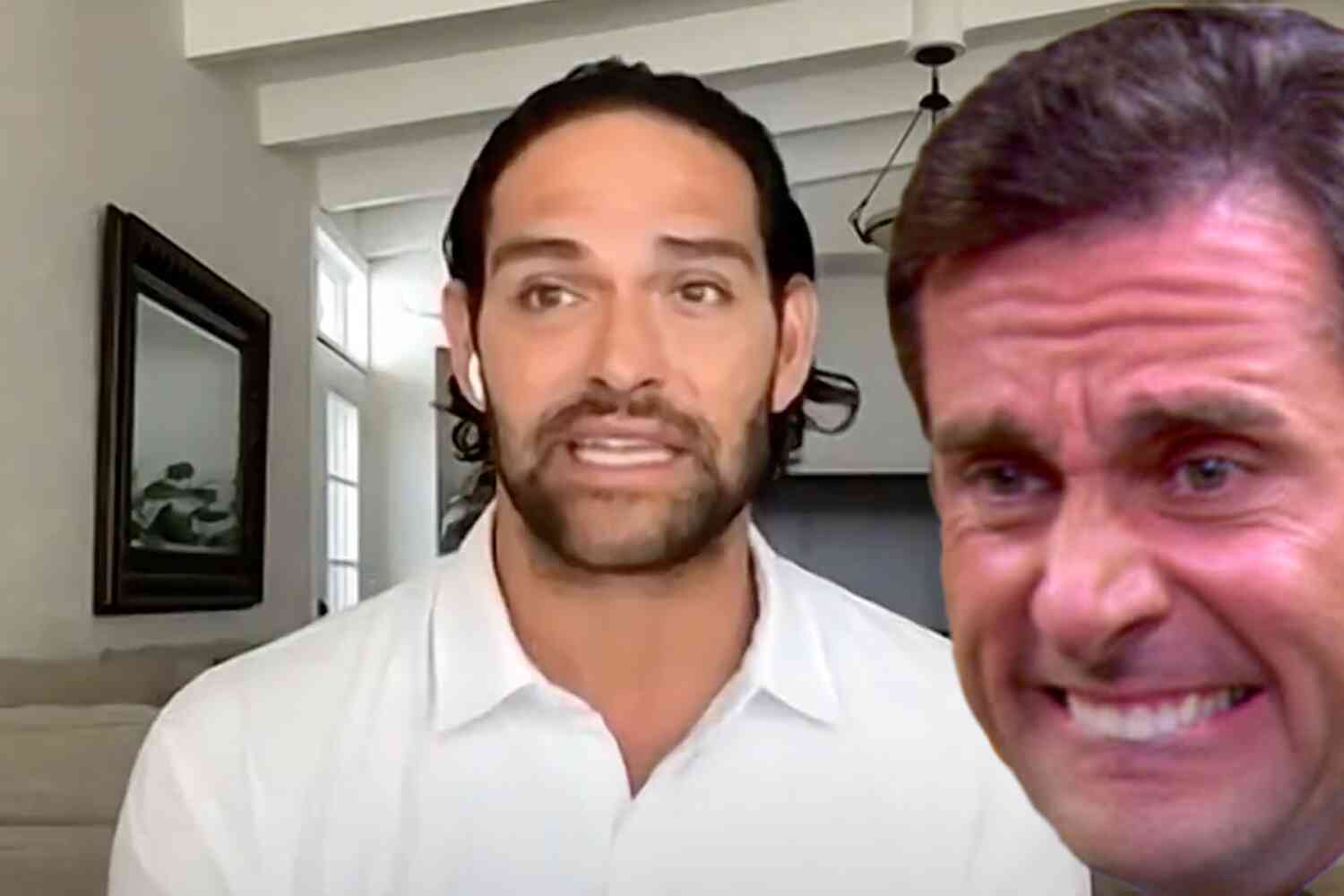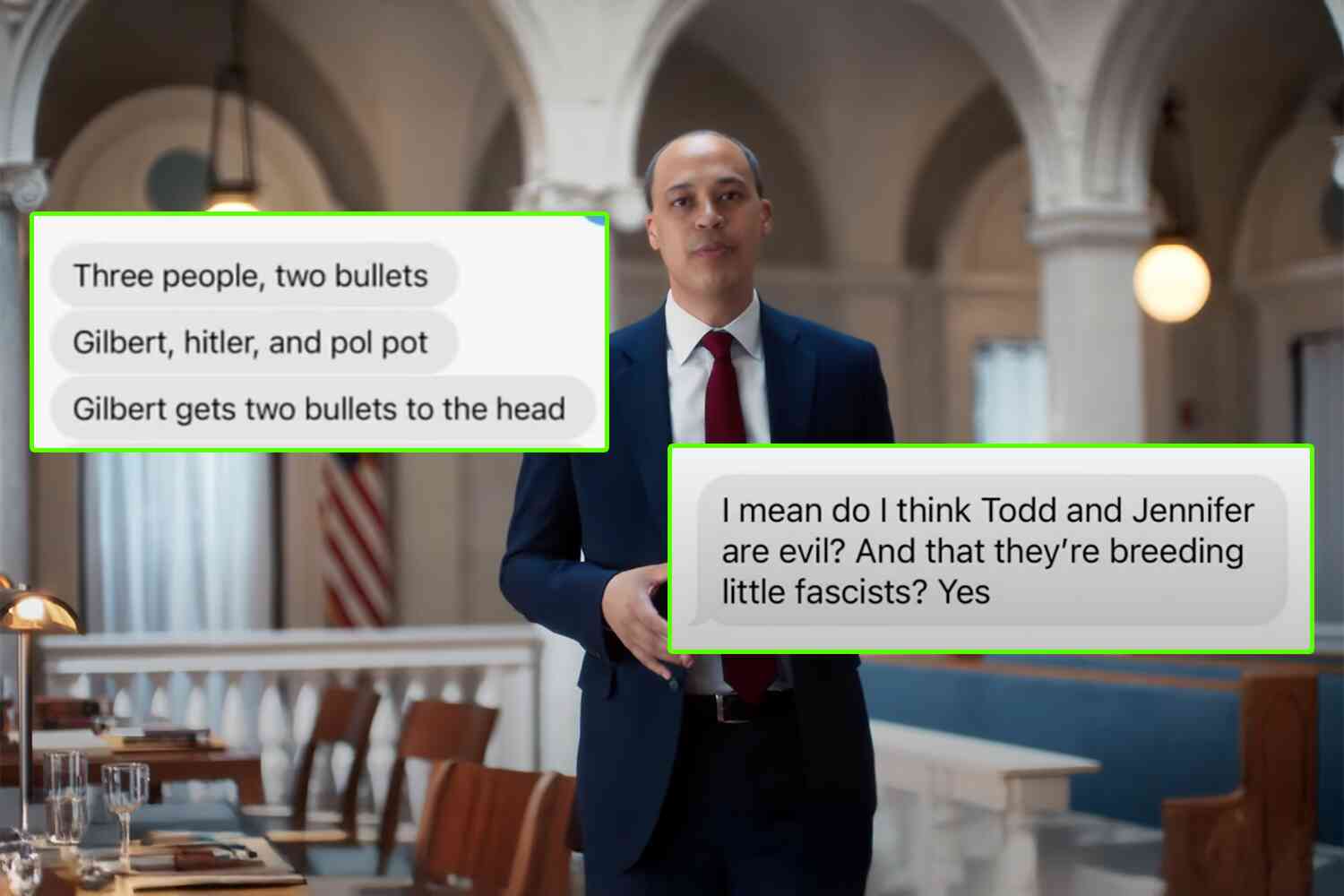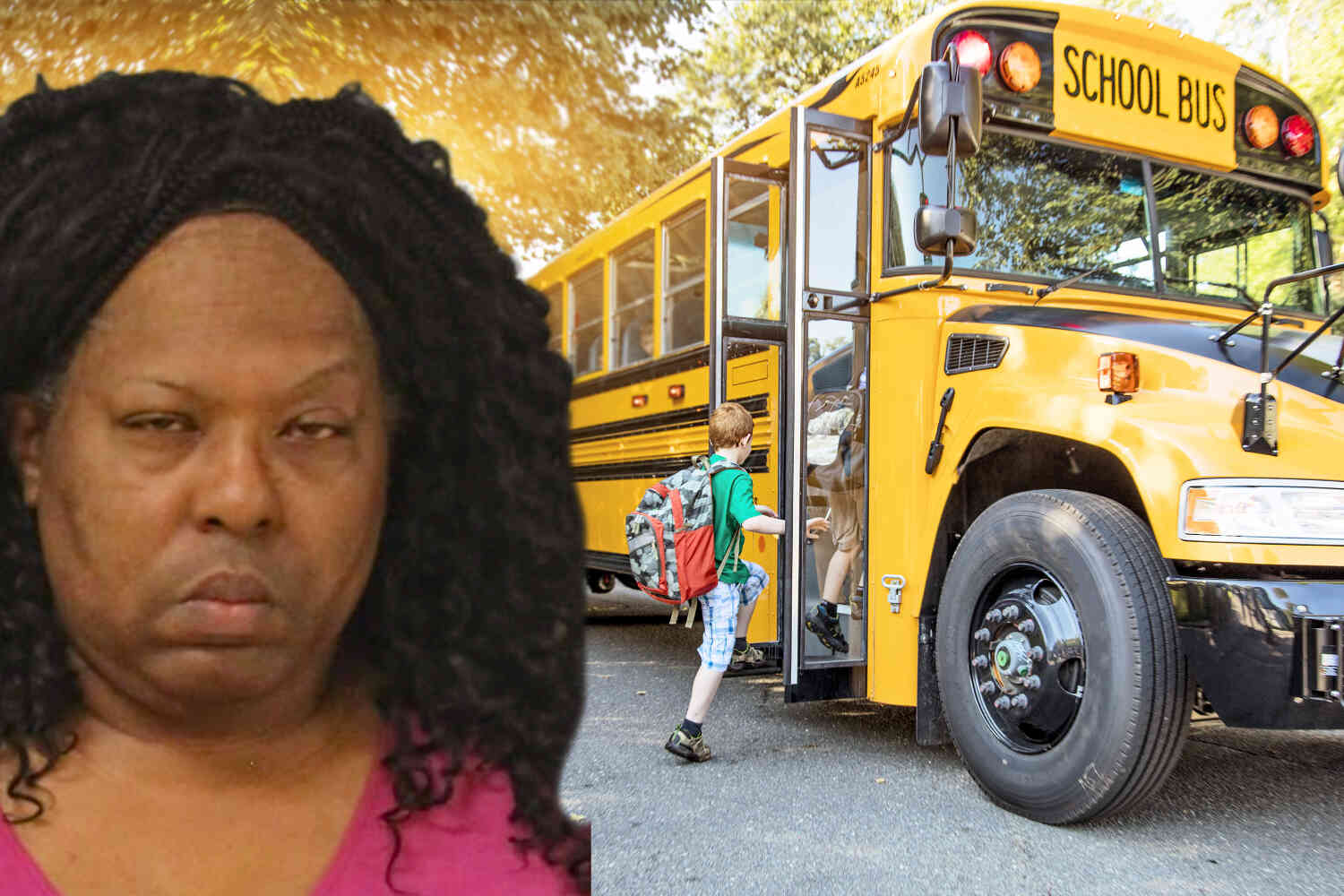The website established to honor her memory describes her impact this way:
In October of 2014, a six-minute video featuring a young woman named Brittany Maynard transformed the conversation about death with dignity.
Maynard was a 29-year-old married woman who had been diagnosed in January of that year with grade 2 astrocytoma. The cancer worked rapidly and Maynard chose to use her last days advocating for the legal right to suicide. "My dream is that every terminally ill American has access to the choice to die on their own terms with dignity," she said before imploring everyone who heard her words to, "please take an active role to make this a reality."
One of the more vocal recent converts to that cause is the Washington Post's conservative writer George Will. To be precise, Will has been advocating for doctor-assisted suicides since the year after Maynard's death, but only recently latched back onto the topic. Unfortunately, he does a great disservice by writing a menagerie of confused, inconsistent platitudes in what is his usually well-reasoned column.
- He incorrectly argues that euthanasia requests are typically the result of intractable pain, but that is certainly not the case. A patient's fears of being a "burden to family," or "losing dignity," or "sacrificing quality of life" are consistently the top reasons cited by suicidal patients.
- He foolishly claims that feelings of despair and loneliness cannot be overcome absent the sweet release of death.
- He flippantly ignores the very real examples of voluntary euthanasia giving way to involuntary euthanasia – where the government or medical boards determine whether a patient's life is worth living – that are occurring in European countries that are leading the way in this movement.
- He cites misleading anecdotes in an effort to bolster his claims, including one about a cancer patient who suffered immensely. Will never acknowledges the issue wasn't a lack of effective palliative care, but rather a misdiagnosis of his condition.
And so on. Some are likely surprised that a columnist with Will's conservative bona fides would take a position so clearly at odds with traditionalist values and ideas. The sanctity of human life is a core pillar of conservative thought, after all.
But Will is demonstrating the natural progression of human reason when it is untethered from any moral absolutes beyond man's feelings and collective experience. At the heart of this debate is the fundamental question of human origin and existence. Do we belong to ourselves or do we belong to our Creator? Do we owe an accounting to any One or anything beyond our own conscience?
If not, the position of Will and Maynard make perfect sense. Dignity in that case is defined by the individual and their own feelings of fulfillment and purpose. If being seen in a physically compromised state, or functioning at an intellectually and emotionally diminished level dips below their personally defined threshold of self-respect, death becomes more dignified.
But there is a contrasting view that I would submit is truer, better, and more virtuous. To illustrate, nearly a year before I learned of Brittany Maynard, a woman from my local community was diagnosed with the identical condition. She too endured a partial craniotomy, and multiple brain surgeries. She too saw her physical appearance change and her emotional state deteriorate. Where she differed was in her understanding of authority.
Her words still pierce me long after she left this earth: "As long as I have breath in my lungs, my life exists to serve the Creator. He will take me when He's ready, and until He is, I will live my life's purpose through pain or pleasure, to glorify Him in all things." I wish they would have engraved that on her tombstone. What a testimony. And more importantly, what truth.
Beyond the George Will-endorsed utilitarian view of life, there is the wisdom of Scripture that teaches it is not up to man to number his days. The prophet Isaiah spoke to that reality when declaring, "So then, whether we live or whether we die, we are the Lord's." Your life is not your own. My life is not my own. It's literally "on loan from God."
It is in Him alone that humanity finds its dignity – a truth that is not diminished regardless of the physical trauma we may endure. Cutting that life short artificially in an effort to please our own will, to relieve the perceived burden we think we are to family or society, to permanently extinguish our own suffering, denies our Creator His due.
That's why, irrespective of the laws our man-made society enacts and embraces, I would be remiss not to implore humanity to trust words far more reliable than those produced by George Will's mind: "It is He who has made us, and not we ourselves; We are His people and the sheep of His pasture."
If this is true, our best course of action, regardless of our own intuition and preferences, is to trust the Shepherd.
Disclaimer: The opinions expressed in this article are those of the author and do not necessarily reflect the opinions of Not the Bee or any of its affiliates.









